psychiatry

Shermer and Shrier discuss: Irreversible Damage redux: WPATH Files • what view this book for or against • what is the problem to be solved? • theories: coddling, social media, screen time, generations/life history theory • good and bad therapists and therapies • anxiety, depression, suicidal ideation, autism • ACE (Adverse Childhood Experience) • trauma, stress, PTSD • anti-fragility and resilience • Goodwill Hunting view of therapy • previous quack therapies and psychological pseudoscience that have plagued psychology and psychiatry.
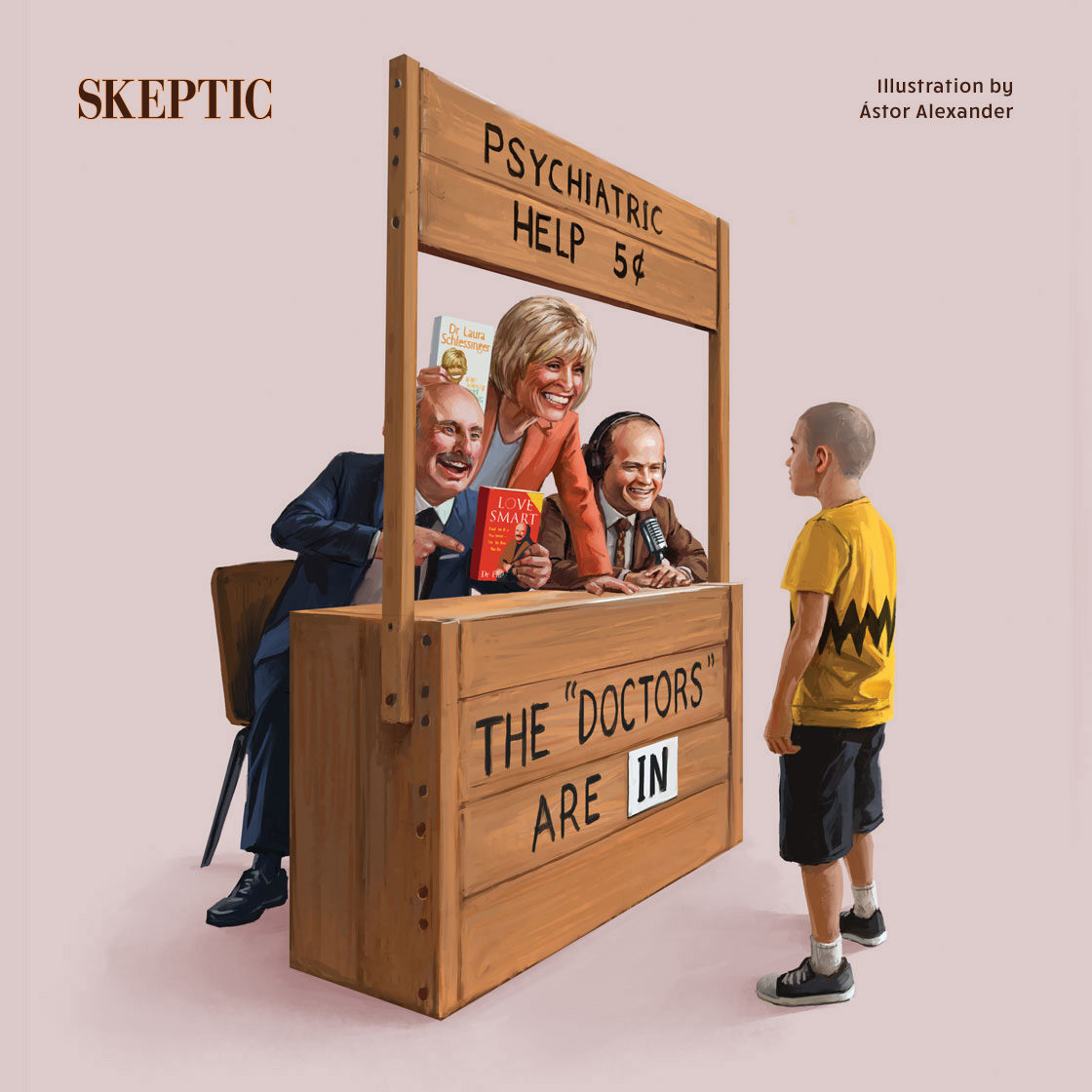
Scientifically trained psychologists and social scientists have long been skeptical of clinical psychotherapy techniques because they are so dependent on anecdotes instead of data. In response, clinicians with scientific training have developed data-based techniques, like Cognitive Behavior Therapy. But these new techniques have not trickled down to pop psychologists like Laura Schlessinger (Dr. Laura) and Phil McGraw (Dr. Phil), along with self-help gurus like Tony Robbins. This article critiques these pop psych nostrums.
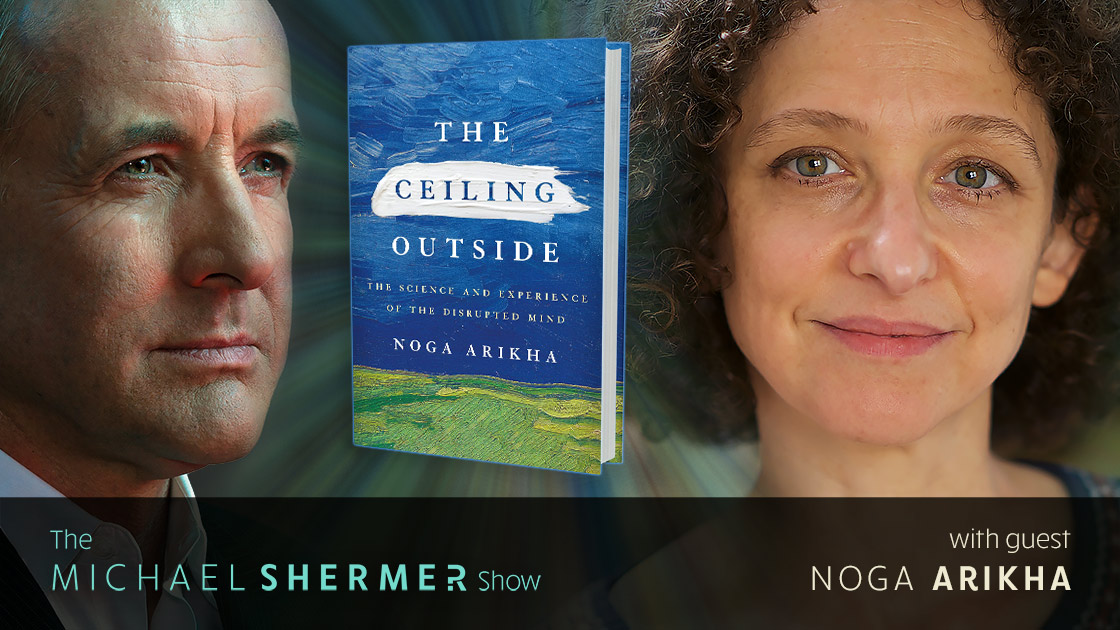
Shermer and Arikha discuss: dementia, senility, Alzheimer’se • mental illness and the labeling problem • the social construction of mental illness • neurology and psychiatry • agency and volition • memory and amnesia • autobiographical memory • self and embodied self • brain modularity • brain as a machine • emotions and cognition • conversion disorder/hysteria • depression • metacognition • exteroception and interoception.
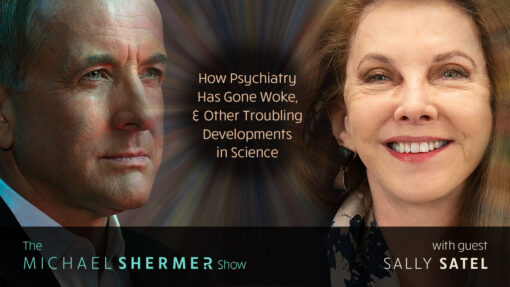
Michael Shermer and professor of psychiatry, Sally Satel, discuss: how political correctness has corrupted medicine • how wokeness and social justice activism has corrupted psychiatry • What is social justice and who is really practicing it? • medical models of mental illness • why mental illness is so hard to treat • medical models of addiction: where they succeed, where they fail • how addictions are treated • Can one be addicted to porn? • Can one be addicted to…
In episode 243 of The Michael Shermer Show, Michael speaks with psychiatrist Dr. Sally Satel about addiction, the opioid crisis, deaths of despair, and how psychiatry has gone woke.
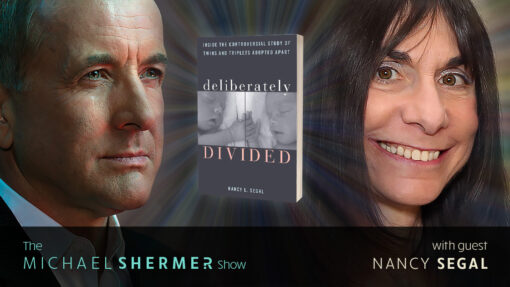
In this conversation, Nancy Segal reveals the inside stories of the agency that separated the twins, and the collaborating psychiatrists who, along with their cadre of colleagues, observed the twins until they turned twelve. This study, far outside the mainstream of scientific twin research, was not widely known to scholars or the general public.
In episode 225, Michael Shermer speaks with Nancy Segal about deliberately divided twins and what they tell us about human nature, based on her book Deliberately Divided: Inside the Controversial Study of Twins and Triplets Adopted Apart.
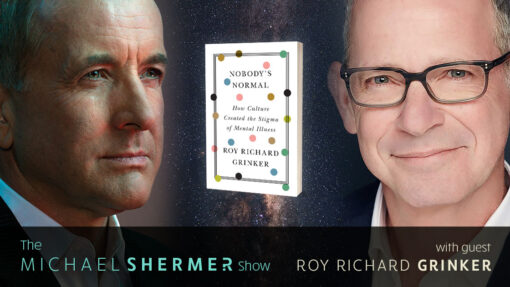
For centuries, scientists and society cast moral judgments on anyone deemed mentally ill, confining many to asylums. In episode 161 of The Michael Shermer Show, Dr. Shermer speaks with anthropologist Dr. Roy Richard Grinker about his book Nobody’s Normal: How Culture Created the Stigma of Mental Illness which chronicles the progress and setbacks in the struggle against mental-illness stigma―from the 18th century, through America’s major wars, and into today’s high-tech economy.
For centuries, scientists and society cast moral judgments on anyone deemed mentally ill, confining many to asylums. In episode 161 of The Michael Shermer Show, Dr. Shermer speaks with anthropologist Dr. Roy Richard Grinker about his book Nobody’s Normal: How Culture Created the Stigma of Mental Illness which chronicles the progress and setbacks in the struggle against mental-illness stigma―from the 18th century, through America’s major wars, and into today’s high-tech economy.

Are you old enough to have a memory of the memory wars that were sparked by a debate that began more than 30 years ago? In this column from Skeptic magazine 24.3 (2019), Carol Tavris expounds on the persistence of belief in recovered memories.
In Science Salon # 87 Michael Shermer speaks with Douglas Murray about his new book The Madness of Crowds on sexuality, gender, technology and race playing out in our workplaces, universities, schools and homes in the names of social justice, identity politics and intersectionality.
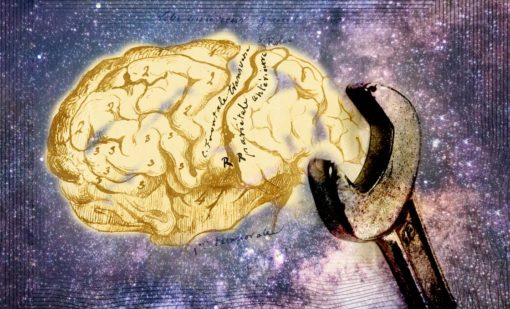
Peter Barglow, MD reviews Mind Fixers: Psychiatry’s Troubled Search for the Biology of Mental Illness by Anne Harrington.
In this week’s eSkeptic, Joel Carlinsky recounts psychoanalyst Wilhelm Reich’s developement of pseudoscientific psychotherapy, sensational claims and extreme theories and their effect on the scientific world. This article appeared in Skeptic magazine volume 10, number 3 in 1994.
Anthropologist Walter Goldschmidt argues that culture is the product of deep biological mechanisms that came into being by an evolutionary process. Central to Dr. Goldschmidt’s thesis is the recognition of the separate evolutionary origin of what we call love: sexual and nurturant…
















